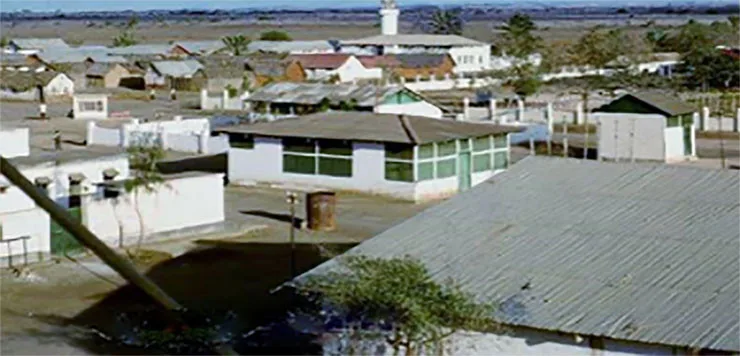
Jamaame1: the breadbasket of Lower Jubba, Somalia, is now a bread case, a worn out bread case with many holes. The ex-Margherita2 appears to be isolated and numb. Araara Bridge3 is blown up and the main road to the town is almost impassable.
The appearance of the town has completely changed. I cannot recognise the Jamaame I had known. I cannot believe that this is Jamaame, the vibrant town which used to be full of vitality with organised chaos and cultural evenings of (Anyagow, Masawey, Tumburo, Kabeebey, Shabaay, and Saar)1. Fig 2. Few people are strolling aimlessly on the main road to the main mosque. The cinema building and the commissioner’s house lay in ruins, and so are many other important government offices and landmarks. Derelict and dilapidated. The only asphalted road in the town seems to have narrowed in width with potholes, mud covered sections and waterlogged segments. Devastated and very depressing sight. A sight which has left a very painful feeling in my stomach during my entire trip in this once beautiful, fascinating, and remarkable town (Fig 1) with its well renowned tolerance, clan diversity, and unity as one harmonious community: a microcosm of the Somali nation before the continual clan violence.
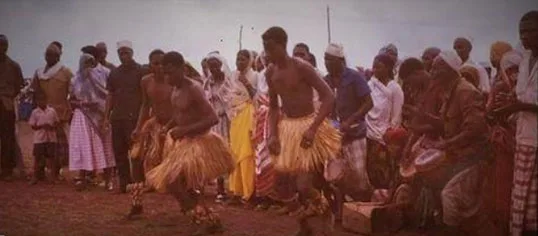
Few cafes and shops along the road are open for trade. Few customers are lazily enquiring about prices of items in the shops and few customers are ordering food hesitantly in the cafes. Shop owners and waiters in the restaurants seem to be dillydallying when serving customers. Life seems to be very stagnant and bone idle. It really is a dreary, tired old town. One can feel that many of its residents are in a state bordering on destitution. The long destructive internecine war in the 1990s has taken its toll on Jamaame more than on most of the other districts in Somalia.
In the 1960s and 1970s the town used to boast a number of schools, mainly elementary and intermediate. Fig 3. The medium was English as well as Arabic.
Schools were under the managements of a Mennonite Mission from North America and that of Al-Azhar Foundation of Egypt. There were also adult classes in Italian in the evenings funded by the Italian consulate in Kismayo. The North American charity was running the English medium boarding school. Some non-boarders were also admitted. The Arabic medium Al-Azhar school was a favourite for the religiously devout families in the town. The sight of hordes of students with distinctive and colourful uniforms streaming to and from schools used to be one of the characteristics of the town. There is hardly any sign of that now. You can see only Quranic schools in the middle of (Buulo Dabadheer, Dhasheeg Dabeel and Buulo Qodaxleey)1 but formal schooling is almost non-existent. The sad thing is generations of Jamaamans schooled here are now in every corner of the world. These are medical doctors, engineers, teachers, agronomists, veterinarians, economists, politicians and business men and women. If only they would start to put something back to their community.
Download Letter from Jamaame


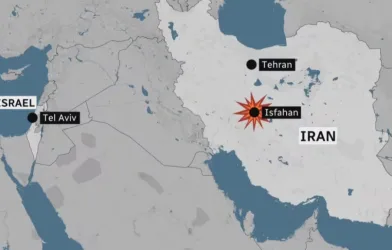
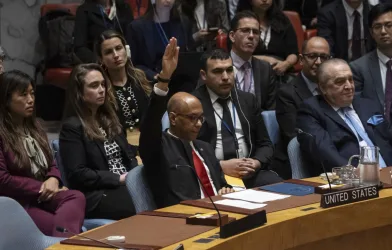

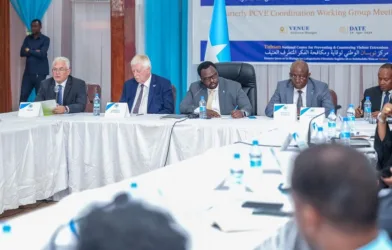

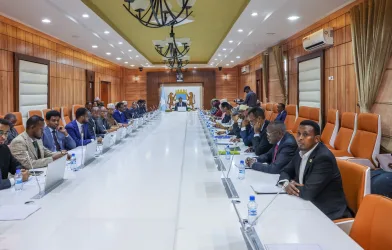
I Love Jamaame 😢🤧
All what you telling us makes us very sad because it’s very true, I can’t forget the colorful market of Souq muugdi, the river bank’s of webi uuro. Thank you for this beautiful letter even though it stripped all the old images from our memories to the beloved city of Jamame.
Subhanallah, this is profound and nostalgic. The melancholy is deeply felt, this letter resonates with us and especially the profundity of the last two sentences: “The sad thing is generations of Jamaamans schooled here are now in every corner of the world. These are medical doctors, engineers, teachers, agronomists, veterinarians, economists, politicians and business men and women. If only they would start to put something back to their community”.
I hope that change is near inshaaAllah and does not grow more distant the more we succeed.